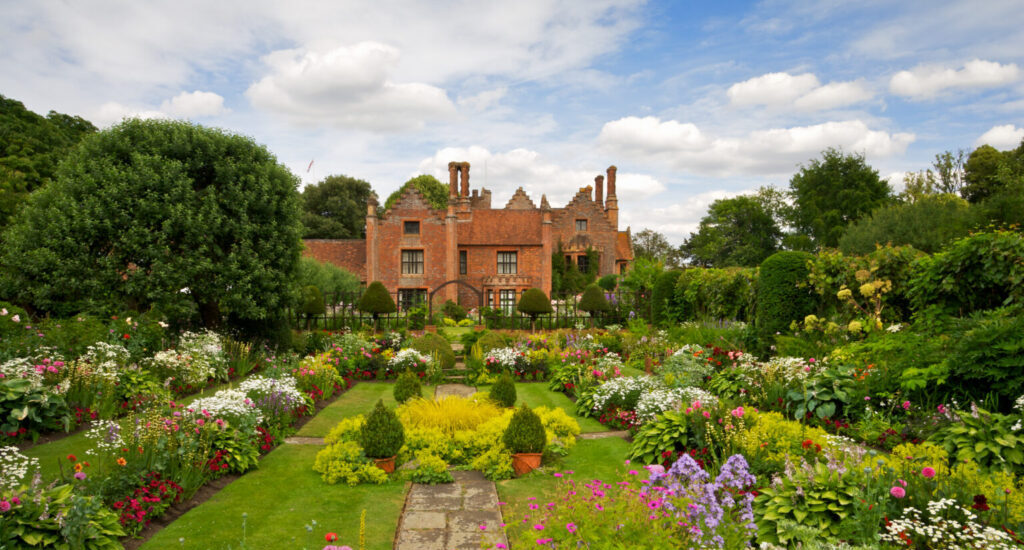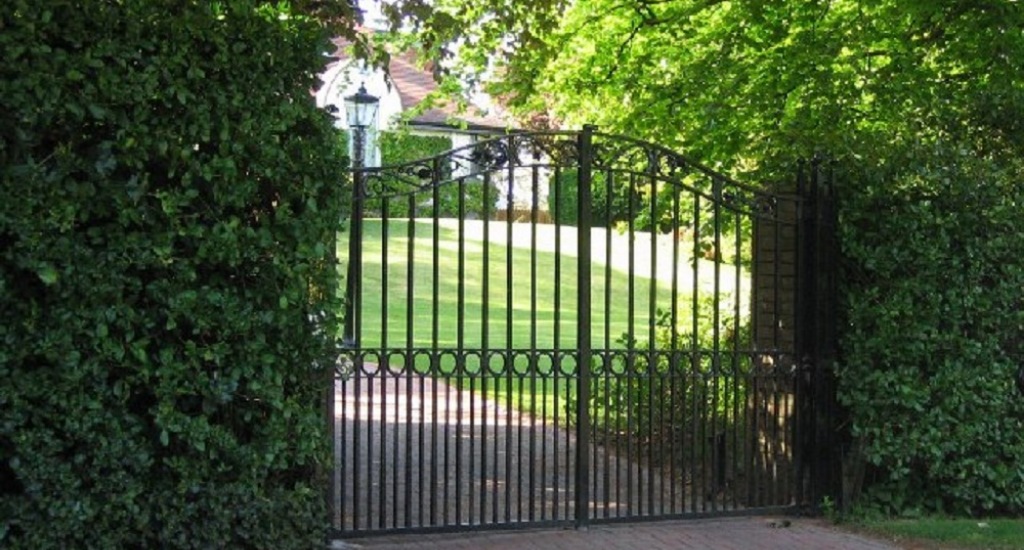Gardening is arguably among the most common hobbies in the world. With so many people having gardening as their favourite part-time activity, you can’t help but wonder if gardening has any benefits to your health.
Turns out, gardening does improve the quality of your life, bettering your health and all this while creating life sprout from the ground. But what benefits would happen in your life if you become an avid gardener? Let’s take a look at some of the best benefits of having gardening as a hobby brings.
1. Gardening reduces stress
We lead a life filled with stress. And while not everyone can have a room filled with puppies to destress after work with, caring for pot plants is pretty close.
Тhere are a few things in the process of gardening, which not only reduce the stress but also help us deal with it in the first place and keep it to a minimum.
One such thing, for example, is the fact that through gardening you achieve better mental focus. In order to deal with the stress, first, you need to take a break from your stressors.
Gardening is a great way to do that. When you’re focusing on the actions of gardening, you don’t think about anything else. Thus, gardening provides a great environment for mental focus.
Gardening can be a great way to get rid of your phone for a while. The constant checks of new emails can be stressful. So, dig your hands in the dirt and forget about work for a minute.
2. Caring for plants helps you sleep better
Working an office job may be comfortable, but it’s definitely not good for your body. Gardening, especially in your backyard is a great way to move around after long hours behind the desk.
On the one hand, the physical activity will tire you out and thus, you’ll sleep better. Especially, if you’re bound to a 9-5 desk job, taking up gardening is a great idea for you. However, what’s even more important is that tending to your garden reduces stress and anxiety levels. This means that you’ll be able not only to fall asleep easier but also to improve the quality of your sleep.
According to some studies conducted by the International Society for Horticultural Science, gardening helps people with dementia and anxiety to calm their agitation, which also leads to better sleep patterns and improved quality of their rest.
Finally, exposure to sunlight has been shown to increase both serotonin and melatonin. Serotonin is responsible for keeping the brain balanced and us feeling good and melatonin is the chemical that is responsible for inducing sleep.
3. When you grow your own produce you eat better
Gardening allows you to reap the benefits of the end result. Meaning – fruits and vegetables. Even if you’re not a big fan of healthy food and you prefer pizza over salad, you’ll be eager to taste your own produce. As well as that, your produce will be much healthier than the one offered in the stores. Thus, gardening can be really good for your diet.
4. Gardening is a great exercise alternative
Gardening works as a low-impact exercise. It offers all the benefits that this kind of exercise does. Digging, for example, burns almost 400 calories per hour. It works your shoulders, arms and back. Lawn mowing burns more than 300 calories per hour.
Other gardening activities, such as raking, watering and hoeing burn between 150 and 300 calories. And as for lifting bags of mulch, it’s safe to say it’s better than fitness. You could burn 500 calories per hour. As well as that, gardening activities help you develop flexibility, endurance and strength.
5. Boosts your immune system
Everyone can benefit from getting some vitamin D by doing gardening tasks in the summer. However, gardening is most beneficial for children’s immune system. Exposing children to the naturally occurring microbes in the garden helps their still-developing immune system to learn which foreign agents are harmless and which are not.
It’s a good idea to let your children help you in the garden. The earlier, the better. The dirtier, the better. Thus, you will help them to build a healthy immune system. Maybe you will even re-balance your own. Don’t forget healthier food, which is another way to boost your and your children’s immune health.
6. Gardening can help you with fighting depression
Daily contact with nature has a long-lasting and deep impact on health, including depression and anxiety symptoms. What’s even better is that gardening can be a barrier to depression because it always gives you something to look forward to.
When you go out in the garden and you see new growth or a bloom that wasn’t there the last time you looked you’ll instantly feel better. Gardening makes us focus on the positive. It makes is optimists, which is the best way to fight depression.
7. Gardening lowers the risk of…
Osteoporosis
We already discussed that gardening works as an exercise but burning calories is not the only positive effect from it. While you’re digging, weeding, planting and basically engaging in repetitive tasks, which require strength and stretching all your major muscle groups are getting a good work out. This helps strengthen muscles, cartilage, and bones, reducing the risk of osteoporosis.
Dementia
More than 2 800 people over the age of 60 were tracked for 16 years as part of research on the topic. The results showed that physical activity could reduce the incidence of dementia. Gardening, in particular, was proved to lower the risk of dementia by 36%.
Heart disease
When talking about preventing heart disease, gardening is as good as other physical activities like swimming and jogging. Heavy gardening helps to maintain a healthy weight and thus, reduces the risk of heart attack and other threatening diseases. Gardening also helps control high blood pressure. Just 30 minutes of gardening a few times a week can reduce the risk of stroke greatly.
8. Improves overall mood
A study found out that gardening works better than other activities in improving the mood of the participants. They were asked to complete a stressful task and then were told to read inside or go outdoors and garden for 30 minutes.
The gardening group reported better moods and showed lower levels of the stress hormone cortisol. But who needs a study to prove that? Anyone who has gardened at least once in their life will say with absolute positivity that gardening is definitely a mood booster.
Conclusion
There is a lot of evidence that gardening tasks can only be beneficial to those who perform them. It´s great therapy, a way to connect with nature and to make something with our own hands. So whenever you´re feeling a bit down, just put on your gardening gloves and start digging!


